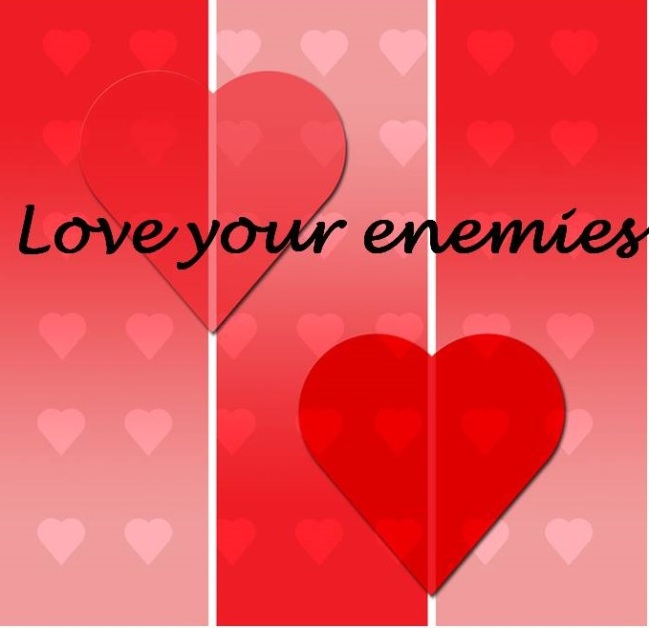
I’ve read and watched all the interviews with Whitney Houston’s former friend and confidante that I can get my eyes and ears on. I’ve cried several times at the story: Robyn Crawford and Whitney were partners in every way until just before Whitney hit it big when Whitney called off the physical part of the relationship. They decided a lesbian songbird would never make it big, and making it big was what both Robyn and Whitney were about.
Around the same time Robyn and Whitney were redefining their relationship, a woman I’ll call Pat and I were defining ours. Ours was the most intense non-physically intimate relationship I’d ever been in. Pat was more than a dozen years older and a team leader where we were worked. She and her male partner broke up, I could no longer afford the rent on my apartment; bingo! I’d accept her invitation to become housemates as well as workmates.
What I didn’t know at the time, and did not acknowledge to myself until many years later, was that Pat had an ulterior motive. Pat had a young daughter and now that Pat was traveling all around the world as she worked her way up the corporate ladder, I would make the perfect build-in babysitter. On the alternate weekends when her daughter was at her father’s out-of-state, if she was in town, we’d spend every minute together. She introduced me to opera, to antique furnishings, to fancy vegetables like radicchio and endive, to her fancy author friends. At one memorable Thanksgiving, I was the only person at the table of 14 who had never owned a villa in Italy.
Despite the fancy outer layer, we were both after the same two things; a job we could love and someone to love us. It seemed impossible to find both those simultaneously. As our time together grew, so did our love. Like Robyn and Whitney, we did not specifically discuss “the love that dare not speak its name.” But we talked a lot about the future, and it seemed we were in each other’s.
I don’t know exactly what happened; the only thing I can surmise after all these years is that I just got too close. We were in her bedroom talking and I was professing my fondness for her. She cut my heart out when she said, “I can love you, but I can’t be your lover.”
It took another few months before things went decidedly downhill. By this time, she had become my supervisor at work, and she began giving me the cold shoulder there. Shortly after, she told me I needed to move out. I shocked her when I found a new place to live within a week; she thought she’d be getting another month’s rent. On my moving day, she didn’t do as much as pick up a box or hold open a door.
A few days after I moved out, I received a message on my answering machine telling me I was to no longer have anything to do with her daughter. I was devastated. I had helped raise this girl for several years. The next few weeks were filled with messages from the daughter asking me why I wouldn’t call her back. It was agonizing.
Fast forward to a several years ago. I’d always kept tabs on Pat and her daughter and was not surprised to learn that Pat had gone on to become the CIO at a Fortune 100 company and was now a millionaire. Her inability to be my lover had as much to do with her career aspirations as anything else. Thirty years ago, she would have never achieved the professional heights she achieved if we had become true partners.
At the end, I do not regret the pain because it helped bring me to where I am today; happy at both work and at home. It is possible to have both. It is possible to dance with somebody who loves you.





